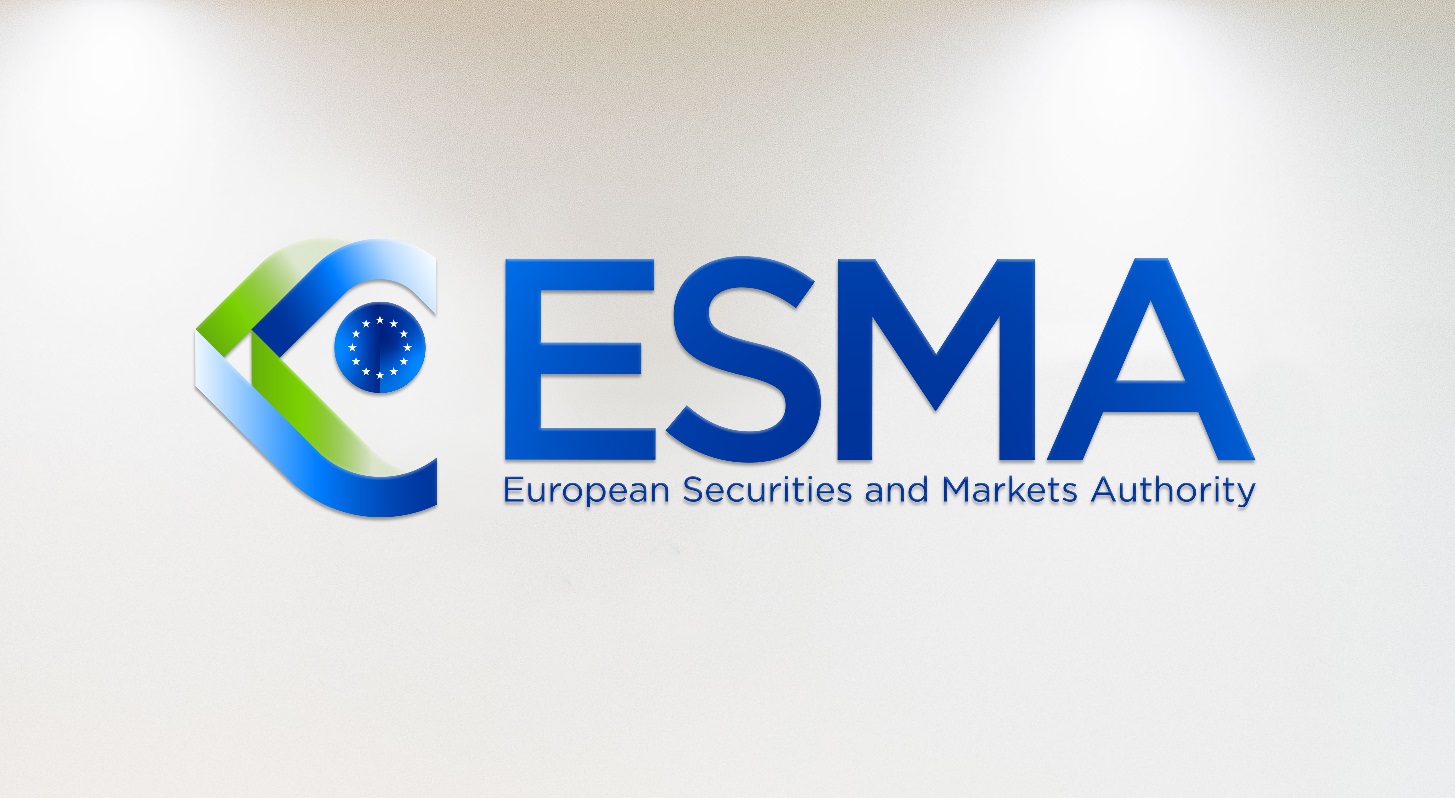U.S. Companies Are Still Investing in Sustainability – But Aren’t Talking About it: Survey
The vast majority of large U.S. companies are maintaining or even increasing investments in ESG initiatives, as most executives view sustainability as a driver of competitive advantage and growth, but many are talking less about it publicly in the face of growing political and regulatory scrutiny, according to a new survey released by business sustainability ratings and solutions provider EcoVadis.
For the report, “2025 U.S. Business Sustainability Landscape Outlook,” EcoVadis surveyed 400 executives responsible for business and operational decision-making at companies with over $1 billion in revenues in industries ranging from consumer and industrial, to technology and services.
The report survey found that spending on sustainability-related initiatives among U.S. businesses remains on track, with 87% of executives reporting that they are either maintaining or increasing investments in business sustainability in 2025, while only 7% report cutting back sustainability investments.
Technology remained a key focus area for investment, according to the survey, with 89% of respondents planning further ESG tech investments over the next 12 months. Specific areas of planned tech investments included ESG risk mapping tools or supplier disclosure solutions, cited by 53% of respondents, and carbon engagement platforms.
The continued investment plans come as executives broadly view sustainability as a driver of business value and growth. 65% of executives, for example, said that supply chain sustainability is a competitive advantage, enabling faster growth through risk reduction, resilience, brand enhancements, supply chain performance and cost savings.
Specific supply chain sustainability benefits highlighted by survey included attracting and retaining customers, cited by 62% of director and VP respondents and 59% of C-Suite, while more than half (52%) of finance leaders said that supply chain sustainability directly supports growth and competitiveness. By contrast, only 19% of finance leaders viewed supply chain sustainability primarily as a cost center.
Despite the benefits, and plans to continue investing in sustainability, the survey indicated a significant shift towards “greenhushing,” or reduced communication by U.S. companies about their sustainability efforts and strategies in an environment of political ESG backlash. The survey found, for example, that nearly a third (31%) of companies are simultaneously increasing their sustainability investments while decreasing public promotions about them, while another 8% said that their sustainability investments remain on track, but have stopped talking publicly about their business sustainability commitments.
The survey also found that many executives are concerned about a rollback of ESG regulations, including approximately half (47%) of C-suite executives reporting that reducing ESG oversight would increase supply chain disruptions, and impact the flow of goods, 41% who said that they expect consumer prices to rise due to the cost of managing climate disruptions, and 39% expressing concern about inflation due to decreased access to critical resources such as food, water, lumber and essential minerals. Overall, only 4% of directors and VPs and 5% of C-suite respondents said that eliminating or reducing ESG oversight would have no negative impact on the global supply chain.
Pierre-François Thaler, co-founder and co-CEO of EcoVadis, said:
“Even as the debate over business sustainability heats up, executives are focused on the reality – sustainability is what keeps supply chains running and customers on board. To stay ahead of risks and disruption, leading companies are prioritizing transparency and accountability by investing in tools that help them assess supplier performance, manage risk more proactively, and navigate evolving compliance demands.”
Click here to access the survey.





